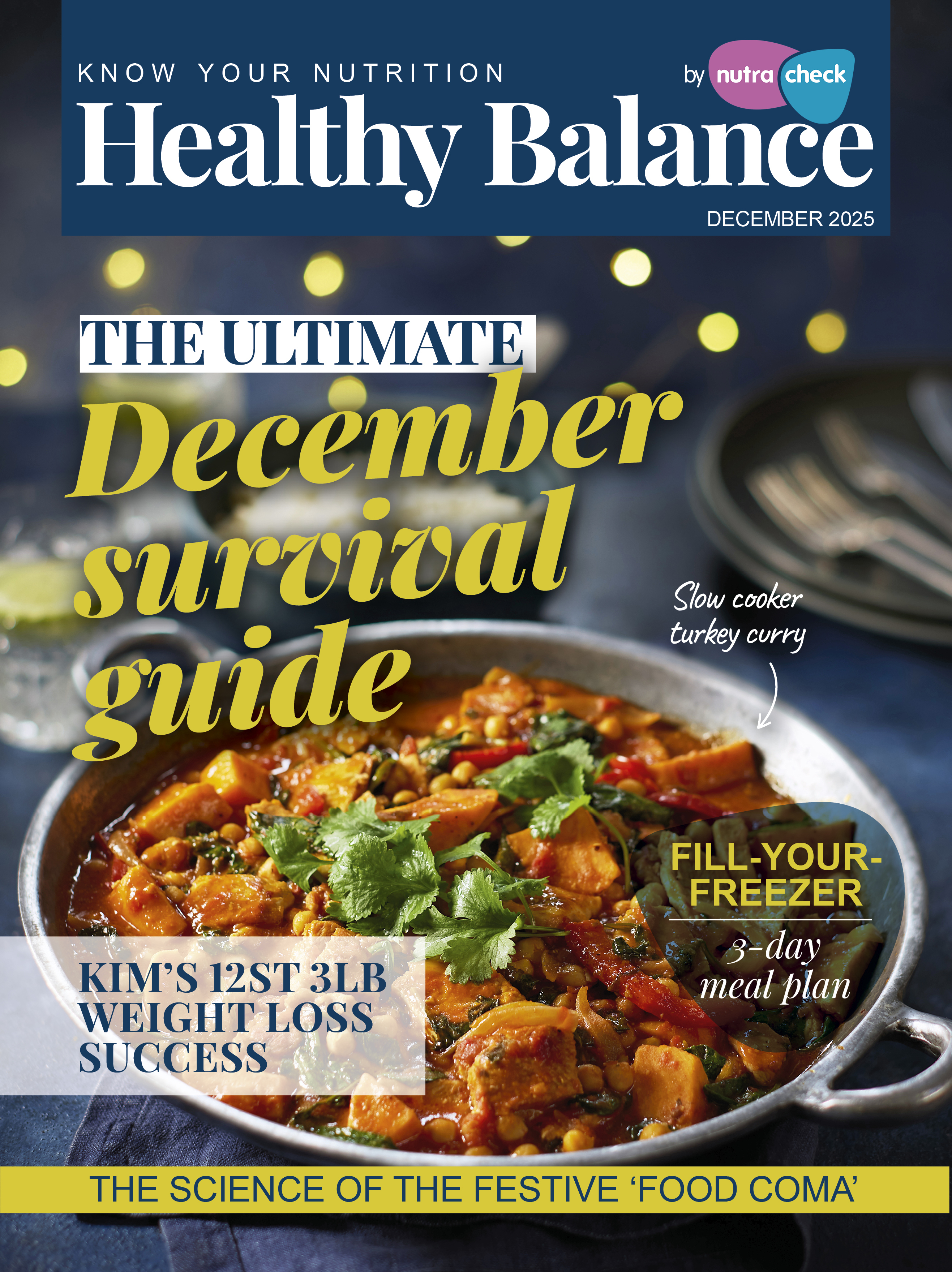How do you eat your food? Where, when and how you eat could affect weight loss
Emma White - Nutritionist
Did you know – it takes on average 20 minutes for your stomach to tell your brain that it is full and doesn't need any more food. So if you are eating your food too quickly, your 'I'm full' sensors may be kicking in too late to stop you from unnecessary overeating – something you definitely don't want to do when you are on a weight loss journey.
When we eat too quickly – and subsequently overeat – we’re often then left with that horrible 'over-full' feeling and pangs of guilt that can overshadow any enjoyment we got from the meal. If you train yourself to take your time over meals, you'll learn to know when you're full.
Does not chewing properly make any difference?
Not chewing thoroughly could lead to indigestion, but though your system might have to work a little harder, ultimately, you won't be missing out nutritionally. Unfortunately, chewing doesn't use up more calories, or magically make any calories disappear from what you are eating!

How to avoid overeating
- Start treating mealtimes as an event – that means no more eating dinners in front of the TV. Lay the table properly, make conversation with whoever you are eating with if you live with others, chew properly, and lay your cutlery down in between bites. A meal isn't just about the food on your plate – it's about creating an ambience and interacting with other people.
- Give yourself a smaller portion to start with rather than a massive helping. Serve food on smaller plates so that you trick yourself into believing there is plenty on there. You'll soon find you need smaller portions than you think – so much of a successful weight loss journey can come down to changing your mindset.
- Ideally each meal should be in the proportion of ½ vegetables to ¼ protein to ¼ carbohydrates. Fill up on vegetables if you are still hungry at the end of a meal, as they are likely to contain fewer calories and more nutrients; it's a win–win!
- Eat more slowly so that you savour each mouthful, and your brain has plenty of time to tell your stomach when it's had enough. Put your fork down when you feel satisfied rather than full; this is your body telling you that you've got the nutrients you need from your plateful.

Eating on the move
If you really don't have time to linger over meals, and often have to hurry down food on the move, just make sure you are careful about portion sizes. If after finishing your meal you still feel hungry, wait at least 20 minutes before eating again. You may just find you're full, but if you rush into eating something else straight after you finish the last mouthful of your meal, you could be taking in unnecessary – and actually unwanted – extra food and calories!
So what's the takeaway message?
In our fast-paced lives, we often find ourselves moving at a million miles an hour. But by sitting down, slowing down, and being mindful of whether or not we are actually hungry, we can seriously reduce the unnecessary calories we may be consuming. What's more, we can enjoy the food we're eating far more than when we're rushing our way through each meal.

Nutritionist Emma White (ANutr), MSc Human Nutrition is passionate about how food science applies to the human body, and how the nutrients in what we eat affect us and ultimately have an impact on our health.











